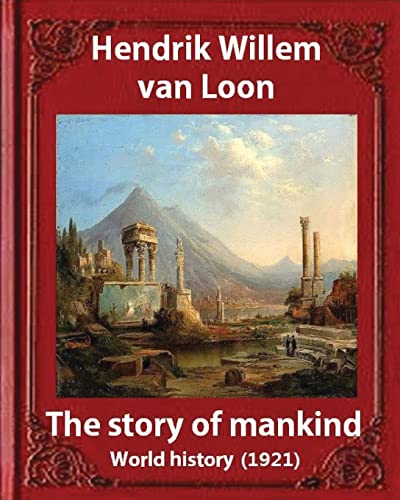

You ask him,”Grandpa, why is the world the way it is now?” His eyes light up.

Imagine that your grandfather was a retired history professor, and he was in town for a week. What did I like about the book? What did I dislike about the book? Did this book deserve to win the Newbery? Why or why not? It’s hard for me to talk about a book without giving too much away, so for these Newbery winners, I think I will stick to a format. I’ve never been a great book review writer. My journey through the Newbery winners begins here with the Story of Mankind. He also had an informal style which, particularly in The Story of Mankind, included personal anecdotes. As a writer he was known for emphasizing crucial historical events and giving a complete picture of individual characters, as well as the role of the arts in history. However, he also wrote many other very popular books aimed at young adults.

The book was later updated by Van Loon and has continued to be updated, first by his son and later by other historians. Most widely known among these is The Story of Mankind, a history of the world especially for children, which won the first Newbery Medal in 1922. He later became a professor of history at Cornell University (1915-17) and in 1919 became an American citizen.įrom the 1910s until his death, Van Loon wrote many books. He was a correspondent during the Russian Revolution of 1905 and in Belgium in 1914 at the start of World War I. Hendrik Willem van Loon (Janu– March 11, 1944) was a Dutch-American historian and journalist.īorn in Rotterdam, he went to the United States in 1903 to study at Cornell University.


 0 kommentar(er)
0 kommentar(er)
